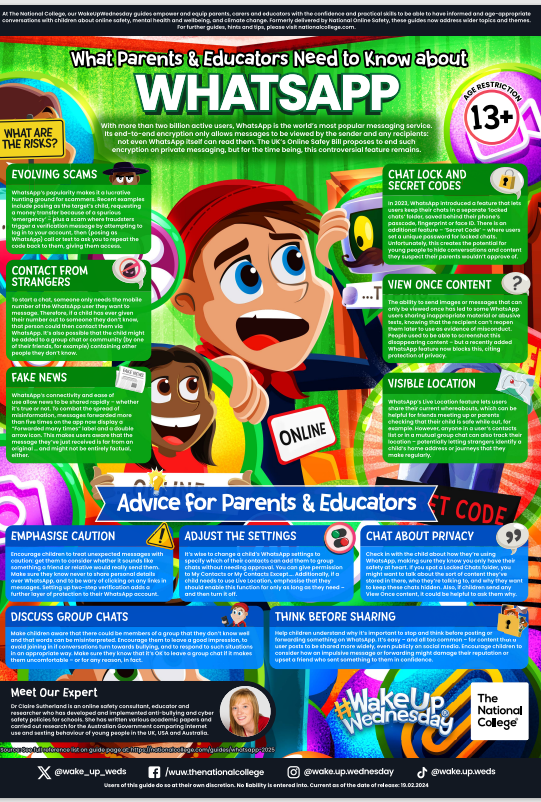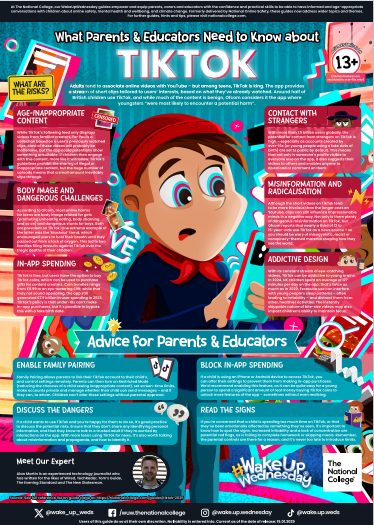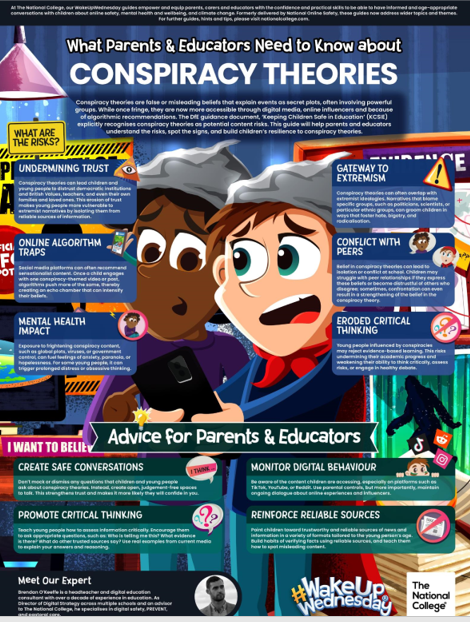ICT/eSafety
Frinton-on-Sea Primary School is committed to using ICT to improve the standards of teaching and learning within the school. Pupils use ICT tools to find, analyse, explore, exchange and present information responsibly, creatively, and with discrimination. We are constantly up dating our ICT provision and all classrooms have computers, interactive whiteboards, IPads, and digital cameras which are used in all areas of the curriculum. We have Bebots and Roamers, programmable toys for younger children, and digital microscopes and sensors. We also have interactive learning platforms which includes Bug Club and Learn Anywhere which can be accessed at home. An ICT club is also run for different age groups across the school to help improve and support a variety of skills. We have an ICT Safety Policy and also hold and promote E-Safety sessions for parents and children; this is vital and underpins all the ICT teaching conducted in the school and prepares our children for the technological age in which they live.
Click on the link below to the UK Safer Internet Centre, where you can find online safety tips, advice and resources to help children and young people stay safe online
https://www.saferinternet.org.uk/
Other useful sites
http://www.internetmatters.org/
http://www.ceop.police.uk/safety-centre
https://www.o2.co.uk/help/online-safety
Parent/carer advice
/docs/Online_Safety_Newsletter_Primary_January_2026.pdf
/docs/Online_Safety_Newsletter_Primary_Dec_2025_10_Frinton_on_Sea_27-11-2025.pdf
/docs/Online_Safety_Newsletter_Primary_Nov_2025_10_Frinton_on_Sea_20-11-2025__2_.pdf
/docs/Online_Safety_Newsletter_Oct_2025_10_Frinton_on_Sea_01-10-2025.pdf
/docs/Online_Safety_Newsletter_Sept_2025_Frinton_on_Sea_02-09-2025.pdf
/docs/Online_Safety_Newsletter_Primary_July_2025_Frinton_on_Sea_30-06-2025.pdf
/docs/Online_Safety_Newsletter_Primary_June_2025_Frinton_on_Sea_02-06-2025.pdf
/docs/Online_Safety_Newsletter_February_2025_Frinton_on_Sea_31-01-2025.pdf
/docs/Online_Safety_Newsletter_Primary_January_2025.pdf
/docs/Online_Safety_Newsletter_December_2024_Frinton_on_Sea.pdf
/docs/Online_Safety_Newsletter_Primary_November_2024.pdf
/docs/Online_Safety_Newsletter_October_2024.pdf
/docs/Online_Safety_Newsletter_September_2024.pdf
/docs/Online_Safety_Newsletter_Primary_July_2024.pdf
/docs/Parental-Controls-booklet-2025.pdf







